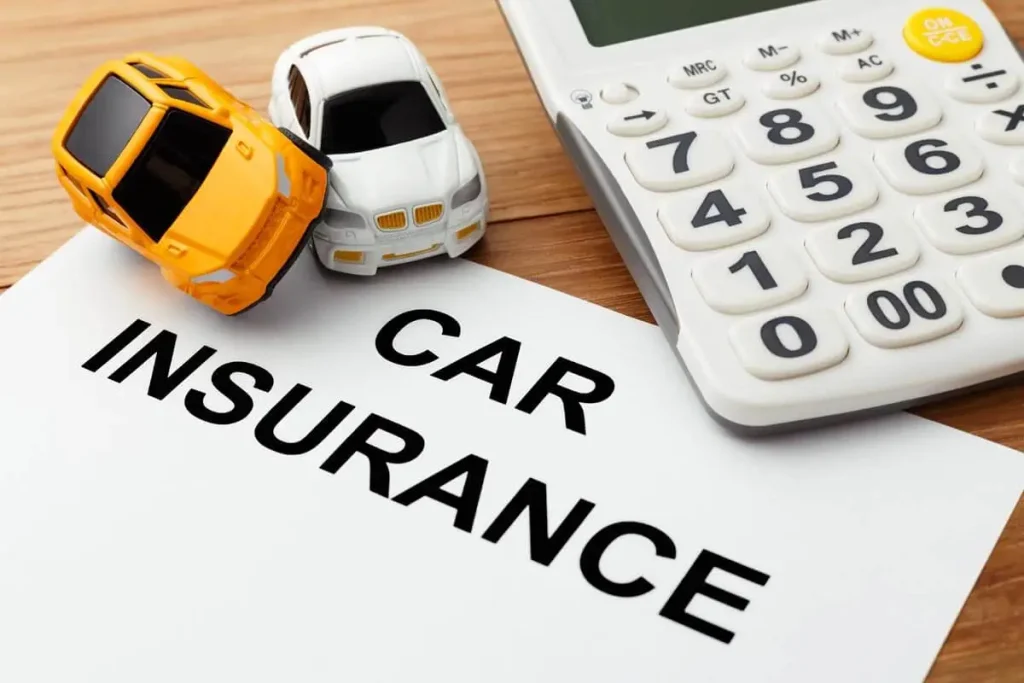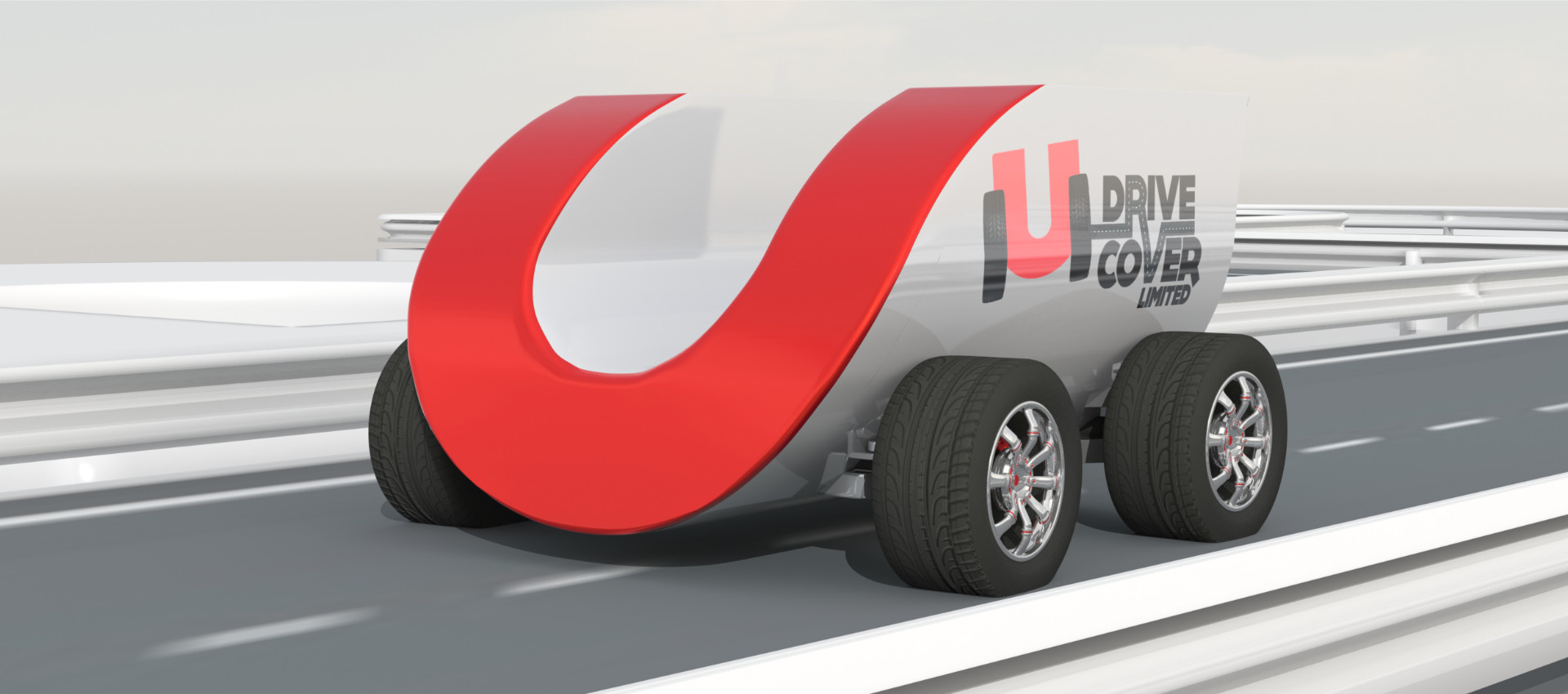Car insurance is a necessary expense for drivers, but paying high premiums can strain your budget. The good news is there are ways to lower your car insurance costs without reducing your coverage. By understanding how insurance works and making strategic changes, you can save money while staying protected. Here’s how to lower your car insurance premium without sacrificing coverage.

Content
Shop Around for the Best Rates
Insurance premiums vary between companies, so it pays to compare quotes.
- Research different providers and request quotes from at least three companies.
- Use online comparison tools to find the best deals quickly.
- Ask about discounts or special offers.
Switching to a provider with better rates can lead to significant savings without losing your desired coverage.
Choose a Higher Deductible
The deductible is the amount you pay out of pocket before your insurance kicks in.
- Opting for a higher deductible can lower your premium.
- For example, increasing your deductible from $500 to $1,000 could reduce your premium by 10-20%.
Ensure you can afford the higher deductible in case of an accident before making this change.
Bundle Your Policies
Insurance companies often offer discounts if you combine multiple policies.
- Bundle your car insurance with home, renters, or life insurance.
- Check if the savings are substantial enough to make bundling worthwhile.
This approach simplifies your insurance management while lowering overall costs.
Maintain a Clean Driving Record
Your driving history has a big impact on your insurance rates.
- Avoid speeding tickets, accidents, or other violations.
- Drive responsibly and follow traffic laws.
Insurance companies reward safe drivers with lower premiums. Over time, a clean record can lead to significant discounts.
Take Advantage of Discounts
Many insurers offer discounts for various reasons.
- Good Driver Discount: Available to drivers with no recent accidents or tickets.
- Good Student Discount: For students with high grades.
- Low Mileage Discount: If you drive fewer miles annually, you may qualify.
- Safety Features Discount: Cars with advanced safety features, like anti-lock brakes or airbags, may earn discounts.
Ask your insurer about all available discounts to ensure you’re not missing out on savings.
Improve Your Credit Score
In many states, insurance companies consider your credit score when calculating premiums.
- Pay bills on time and reduce your debt to improve your score.
- Check your credit report for errors and dispute any inaccuracies.
A better credit score signals financial responsibility, which can lower your insurance costs.
Drive a Car That’s Cheaper to Insure
The type of car you drive affects your premium.
- Cars with high safety ratings and low repair costs are cheaper to insure.
- Avoid luxury or sports cars, as they often come with higher premiums.
Before buying a car, check insurance rates for the model you’re considering to avoid surprises.
Consider Usage-Based Insurance
Usage-based insurance (UBI) is an option for drivers who don’t drive often or prefer personalized rates.
- Install a device or use an app that tracks your driving habits.
- Drive safely and less frequently to earn lower premiums.
UBI programs reward responsible drivers, making them an excellent choice for people with good driving habits.
Review Your Coverage Regularly
Your insurance needs may change over time.
- Review your policy annually to ensure it aligns with your current situation.
- If your car is older, consider dropping comprehensive or collision coverage if the premiums exceed the car’s value.
Adjusting your policy based on your needs can help you save money without compromising protection.
Avoid Small Claims
Filing frequent small claims can increase your premiums.
- Pay for minor repairs out of pocket instead of filing a claim.
- Save your insurance for larger incidents.
This approach can prevent your premiums from rising and keep your policy affordable.
Take a Defensive Driving Course
Many insurers offer discounts to drivers who complete a defensive driving course.
- Enroll in an approved course to learn safe driving techniques.
- Provide your completion certificate to your insurance company to claim the discount.
These courses not only lower premiums but also improve your driving skills.
Monitor Your Policy for Errors
Mistakes on your policy can result in higher premiums.
- Check your policy details regularly for errors, such as incorrect mileage or driving history.
- Report inaccuracies to your insurer promptly.
Correcting mistakes ensures you’re not paying more than necessary.
Conclusion
Lowering your car insurance premium doesn’t mean sacrificing coverage. By shopping around, taking advantage of discounts, and making smart adjustments, you can save money while staying protected. Review your policy regularly, maintain a clean driving record, and explore options like usage-based insurance to find the best deal. With these tips, you can enjoy peace of mind without breaking the bank.

Daniel is the eco-conscious auto whisperer. His blog doesn’t preach; it educates on the world of green transportation. It’s your guide to reducing your carbon footprint without sacrificing style or speed.



